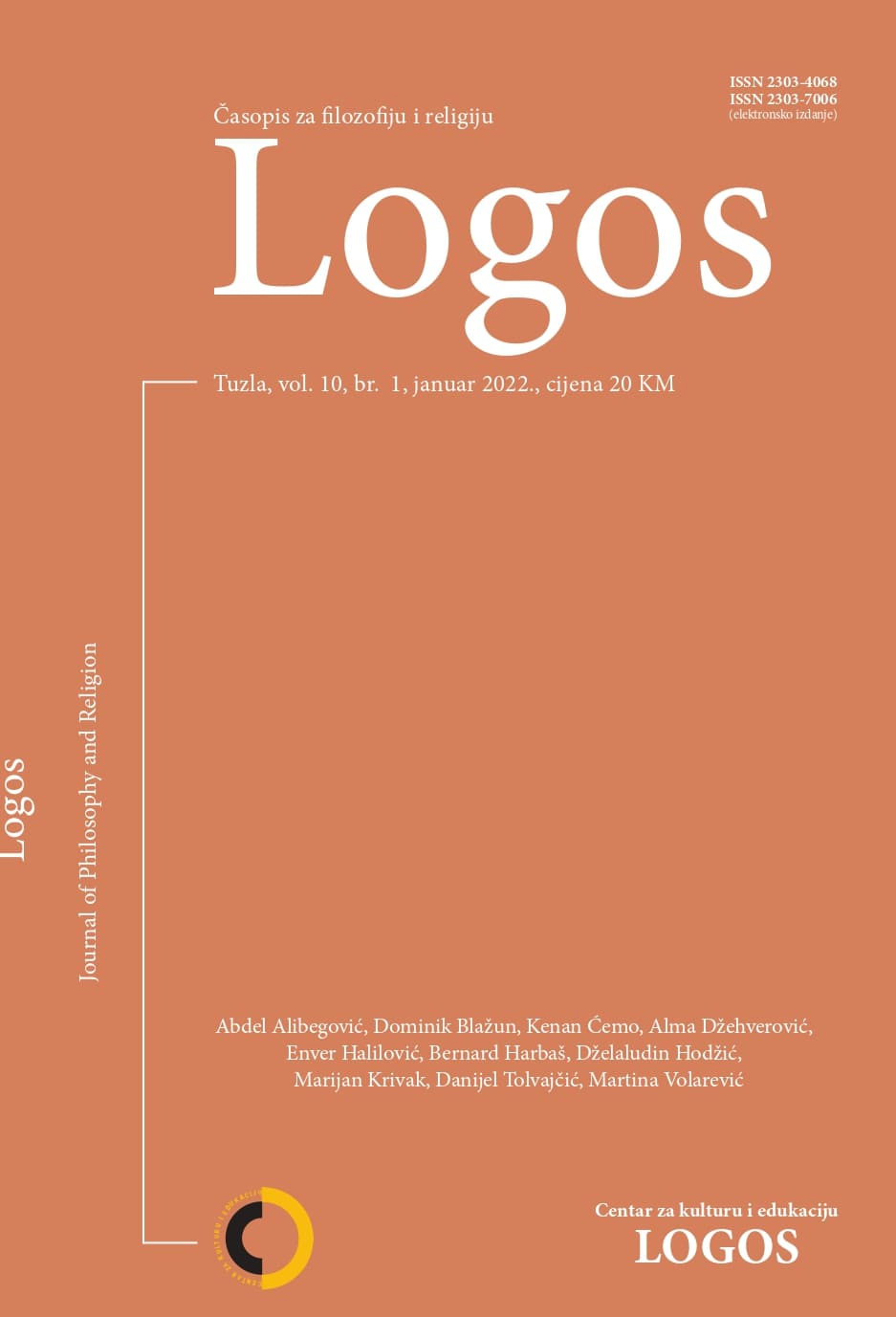TEMELJI ONTOLOGIJE TUBITKA U KANTOVU ODREĐENJU SUBJEKTA
FOUNDATIONS OF ONTOLOGY OF THERE-BEING IN KANT’S DEFINITION OF SUBJECT
Author(s): Martina VolarevićSubject(s): Metaphysics, 19th Century Philosophy, Contemporary Philosophy, German Idealism, Ontology
Published by: Logos – Centar za kulturu I edukaciju
Keywords: apperception; power of imagination; Kant; Heidegger; moral feeling;
Summary/Abstract: The aim of this paper is to examine the ways in which Heidegger approximates Kant’s exposition of the subjectivity of the subject to his definition of there-being (Dasein). The subjectivity of the subject is presented by the a priori given abilities of the “I”, which are the basis of the possibility of every experience and morality of the subject. The paper analyses Heidegger’s interpretation of the power of imagination, apprehension, recognition of apperception and moral feeling. The analysis of Heidegger’s thinking of Kant’s definition of the subjectivity of the subject based on the destruction of the history of ontology shows it is possible to bring the incompatible into nearness; incompatible, because Heidegger’s definition of being-in-the-world of there-being starts with a critique of the object-relationship of the subject. Heidegger, understanding Kant’s philosophy on the basis of his own thought, reduces the subjectivity of the subject to the temporality of being “I” by basing apperception and the power of imagination in time, and the possibility of the authenticity of existence, which is shown as responsibility for one’s own dignity of Kant’s moral feeling.
Journal: Logos – časopis za filozofiju i religiju
- Issue Year: 10/2022
- Issue No: 1
- Page Range: 57-82
- Page Count: 26
- Language: Croatian

